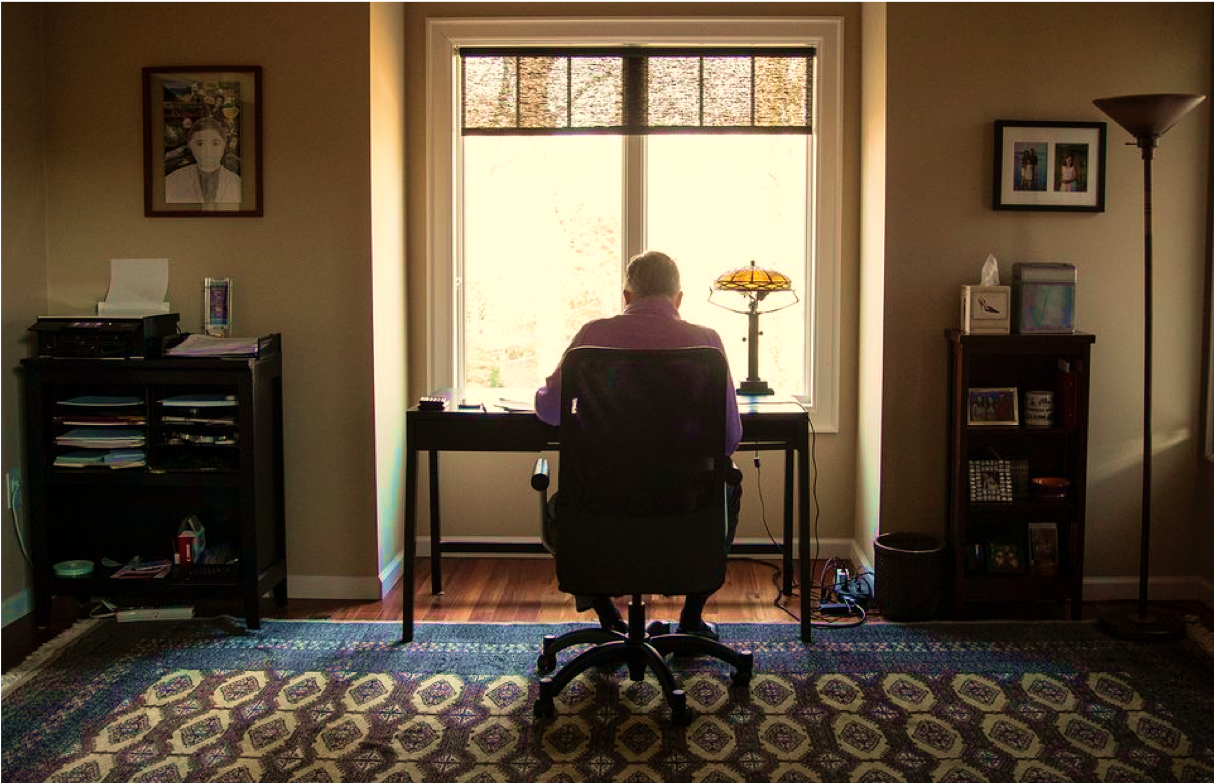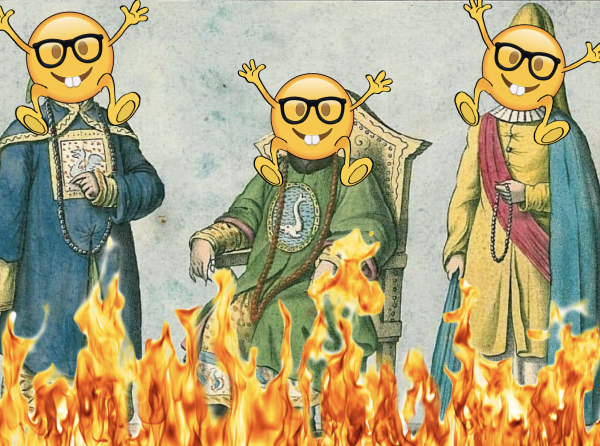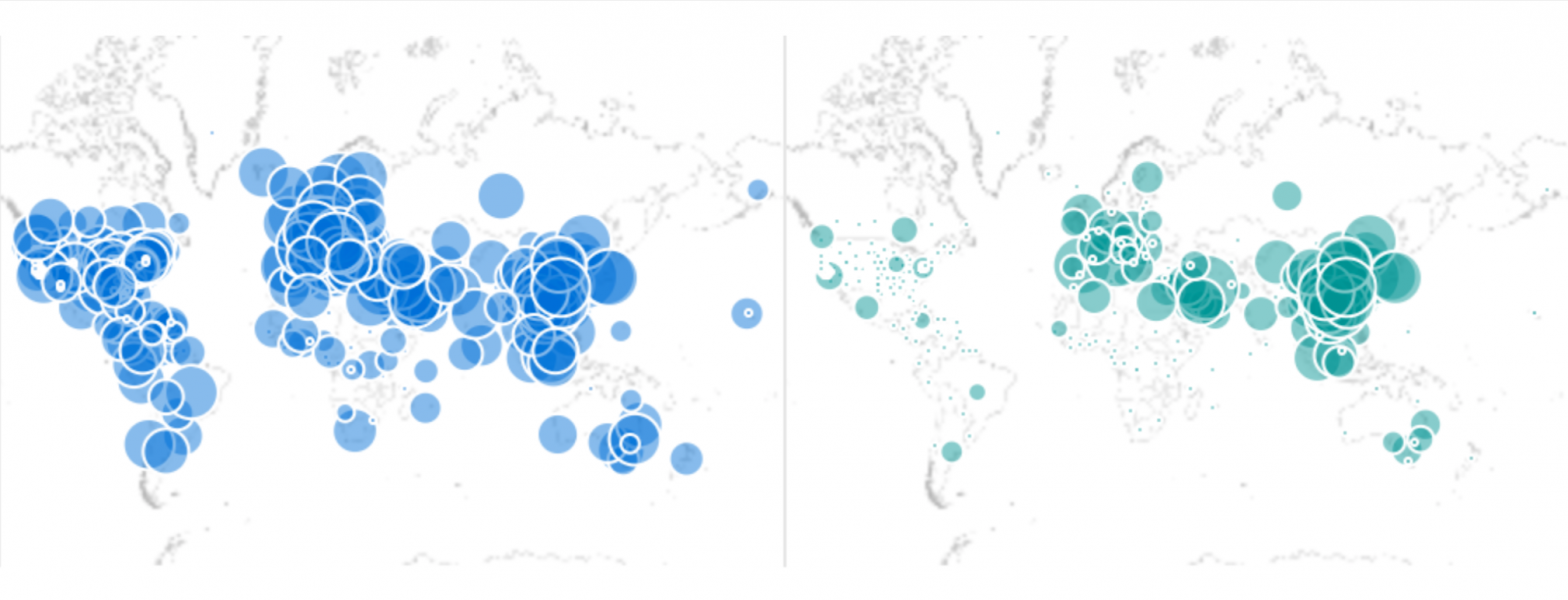The decisive move will show the CPC we mean business.
The Death of Midwit Expertise

Elites ignorant of their own idiocy can’t prevent our demise—or their own.
I have not read The Death of Expertise. I am aware of it as a matter of memetic absorption. Its point is that experts and their expertise are not being treated with proper deference. The troubles we find ourselves in are a result of this negligence—of our lack of respect for The People Who Know Things.
I am also aware that the experts who believe this are idiots. I have seen, directly, their idiotic tweets here and there. I have seen their crooked, uncomfortable faces saying idiotic things on the TV, which they think still rules the world. If it is signals you are looking for rather than noise, this is enough to conclude they are idiots, as just about anyone reading this knows.
It’s a point of some curiosity then, that idiotic experts are defending expertise. Us idiots are the true experts! This is their theme.
Well, consider this: I too am an idiot. I am an idiot of a different sort than those defending their idiotic expertise, but I am an idiot nonetheless. For clarity’s sake, let’s say that I am, as the very online put it, “a retard.” Quite proudly, too. It is right there in my Twitter bio for all to see.
Why? Because, rather than a hindrance, my “retardation” is an advantage—or can be, so long as it is properly understood and my judgments justly calibrated within the limitations it imposes on me.
Being “a retard” frees me from the cruel despotism of Knowing. It allows me to wander in the forbidden field of ignorance. It assures that I will often think dumb things, harmful things, wrong things. But this familiarity with wrongness ensures that I have a good sense for its shape and texture. I know what wrongness feels like, intuitively. I am not afraid of it. I stare it down every day. A man bemoaning “the death of expertise” is an idiot who does not know he is an idiot.
Such a man, who is not an expert on his own idiocy as I am on mine, makes no such calibrations as I do. He has no such freedoms as I. And his judgments are consistently and predictably defective because of it.
A Conspiracy of Idiots
Two prominent idiots warned against the unique danger posed by conspiracy theories in an influential 2009 article. A unique danger to what, I wonder? Nevermind that for now. Unlike The Death of Expertise, I have read this revealing article. It is a bad piece of scholarship filled with bad arguments. The authors, Cass Sunstein and Adrian Vermeule, know little of their topic.
At its heart is a basic tautology that undermines every prescription that follows from it: conspiracy theories are bad because the claims they make about the world are wrong, and we know that their claims are wrong because if they were right then they wouldn’t be conspiracy theories. You see the problem. Any “retard” can.
At bottom, Sunstein and Vermeule don’t like “conspiracy theories” because they are alternative forms of knowledge. They are constructed of different stuff than the “evidence-based” knowledge of our experts. Conspiracy theorists rely on innuendo, coincidence, and an imposition of narrative coherence to history’s unraveling. They share a sensibility that nothing is by accident and everything is connected, and see intention where there is only chance.
True, this can lead straight to what Sunstein and Vermeule call a “crippled epistemology,” which I am more apt to call a “retarded epistemology.” What’s worse, the communities in which such theories flourish tend to be insular, hostile to outsiders, and unwilling to accommodate countervailing evidence.
But what Sunstein and Vermeule neglect to consider is that all of these same conditions are true for the community of experts. Twitter bluechecks, of the academic variety especially, are trapped in their own information bubbles. Contra Sayre’s Law about the stakes of academia being so low, they are in fact quite high, at least on a personal level. Tenure, consultant gigs, pension, status.
I see it up close every day. Every last one of them clawing and scratching for their rightful piece of the ever-shrinking pie. To keep in the institution’s good standing they are conditioned to say the right things and think the right thoughts. There are grave consequences for stepping out of line.
The provocateurs on the left know this as well as those on the right. Whether it is worse for one side versus the other is only a matter of historical circumstance. But the tyranny of consensus always rules. The price for being wrong is far lesser than the price for being deviant.
The information market of the experts reflects these incentives.
And so you get headlines like this:
And this:
It must be conceded that not all experts have gotten this one wrong. While most denied the urgency of the pandemic, refused to call it a pandemic at all, scolded us for buying masks, for spreading—what they insisted was the true danger—racism and xenophobia, some did get it right. Scott Gottlieb, Richard Ebright, Roger Seheult—an ICU physician and youtuber who taught many of us about SNPs and ACE2 receptors—were all quick to sound the alarm, and their expertise helped us idiots navigate this complex and fast-moving story.
But few paid them much attention.
The media class responsible for filtering expert information and passing it on to the rest of us were especially awful. A recent tweet by a prominent account reflects the underlying problem:
I’ve been following more accounts with low follower counts lately and I have to say… I’m jealous?
They can just shoot out half-baked tweets about controversial topics, offensive jokes, genuinely think out loud…and nothing bad happens to them.
This is the enfeebled condition of the expert class. Shrunken and lame. Observing the world through a peephole of cowardice, when they bother to observe it at all. An Overton window of cognition too slight to imagine all but the most straightforward and simple of possibilities.
But this tweet also reflects the first step on the path to enlightenment: Self-awareness. She understands, if dimly, the world of knowledge she is blind to. This world of knowledge is crude and ugly. It is crass and impolitic. It is safe harbor to the dumbest, most asinine, and incoherent ideas the human mind can produce. It is the playground of idiots.
The Best of Both Wits
Us “retards” famously possess great strength. We are a vital bunch. And while we traffic in a realm of ideas so horrifying that our nation’s most cited legal scholar believes these ideas should be banned, we are, unlike these experts, not restricted to this single realm of knowledge. We allow ourselves the mental agility to toggle between expertise and idiocy, taking the best of both.
Unlike the midwit experts, we are aware of and can freely acknowledge the crippled epistemology that all humans must grapple with. We can be honest about it. We don’t have to pretend that we’re part of some special group of people that aren’t affected by it.
Which is why we got this one—the coronavirus pandemic—dead right. We were right to buy masks. We were right to stock up our garages with non-perishables before the runs on Costco began in earnest. We saw it coming first and told everyone who would listen. We got the ones prior to the virus right too, for what it’s worth. Russiagate. Trump. The “retards” saw all of this coming.
You might ask how?
Join us, experts. Join us. Step into our sanctuary of anonymous idiocy, if you have the courage. The memes are choice. It is actual fun. And the epistemology is retarded strong.
The American Mind presents a range of perspectives. Views are writers’ own and do not necessarily represent those of The Claremont Institute.
The American Mind is a publication of the Claremont Institute, a non-profit 501(c)(3) organization, dedicated to restoring the principles of the American Founding to their rightful, preeminent authority in our national life. Interested in supporting our work? Gifts to the Claremont Institute are tax-deductible.
In wars, men die.
For the first time in centuries, we’re bringing it all back home.
Facing up to the failed state of America's mandarin class
Don’t let the Left use your panic for their gain.
We blew it. Normies are paying a heavy price.








